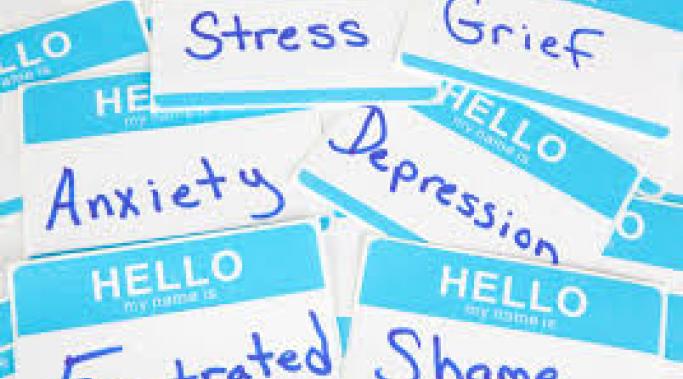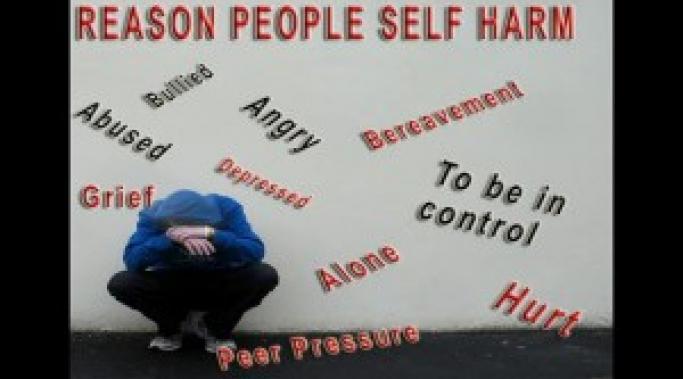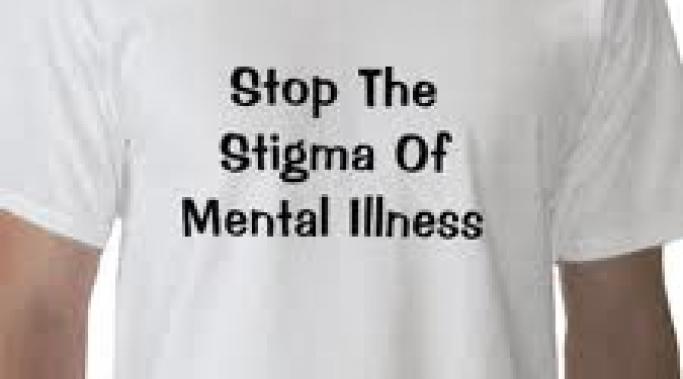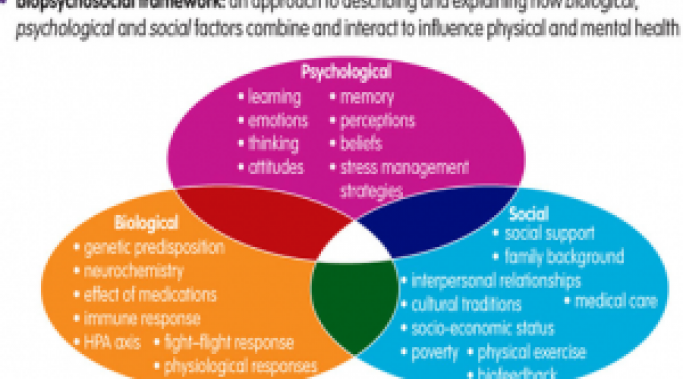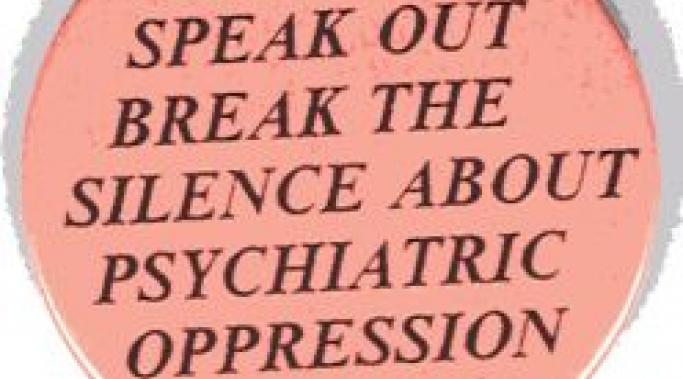Since I started writing this blog over a year ago, I’ve noticed that I get more and more questions regarding my plans on how to end mental health stigma in my life (What Is Stigma?). Of course, I am honored to receive these questions, but I do not by any means consider myself an expert on the matter. But, here it goes anyway. You can be the judge as to whether I am an expert or not.
Mental Illness Myths
The reasons that a person might harm themselves are as vast and complex as our individual genetic makeup. However, there seems to be one predominant goal associated with self-harm: release.
“I would resort to cutting myself for two reasons: the first being to release the tension, the build-up of emotions and thoughts that I just could not deal with. I wanted to scream but couldn’t,” said Julia P. who has battled and overcome self-harming behavior.
I came across this survey from 5 years ago that nearly knocked me right off my chair.
“In a 2008 survey conducted on behalf of the Canadian Medical Association, nearly half (46 per cent) of those polled believed that mental illness isn’t always “real” but rather an excuse for poor behaviour and personal failings.”
If you were once depressed and suffered symptoms of depression such as inability to concentrate, difficulty getting out of bed, irritability, low self-esteem and lessened joy in day-to-day activities, even when those symptoms disappear, you may continue to state that you still suffer from depression.
When you are bogged down with the flu, you will be besieged by a number of symptoms. Sore throat, digestive difficulties, headache, nausea and nasal congestion. But once you treat the flu, and the symptoms disappear, you wouldn’t consider yourself as still suffering from the flu.
In order to combat something, one first must learn everything one can know about the subject at hand. Meaning, if we are to fight stigma, we need to know why it exists, what motivates its spread and what purpose it serves for those who endorse it.
There’s always been a double standard in mental health when it comes to schizophrenia. If you suffer from depression, are you a depressionist? Then why should a person who suffers from schizophrenia be a schizophrenic?
Stigma abounds when society is misinformed. Think back to the initial AIDS epidemic. The tuberculosis pandemic. And even the current societal view of addiction as a personal and moral failure.
Stigma begins with misinformation, and spreads with a complacent disinterest in the truth. Therefore, the more people know about mental illness, in theory, the less stigma there should be.
Misconceptions surrounding mental health can be a major contributing factor to mental health stigma. The less something is understood, the more likely it is to be stigmatized against.
Although there are probably hundreds of common misconceptions about mental illness, I thought I would tackle a few mental health myths here today.
You know someone who has a mental illness. You actually probably know tens of people with mental illnesses. There’s a twenty percent chance that you have a mental illness yourself.
